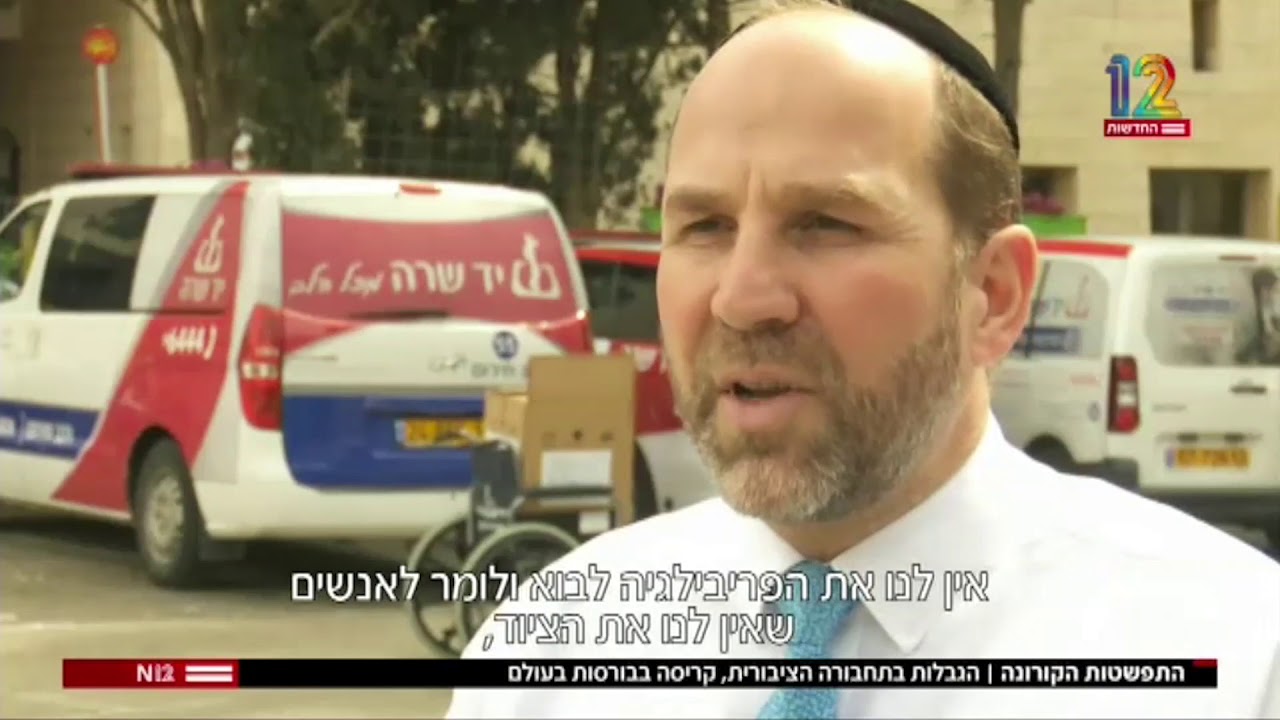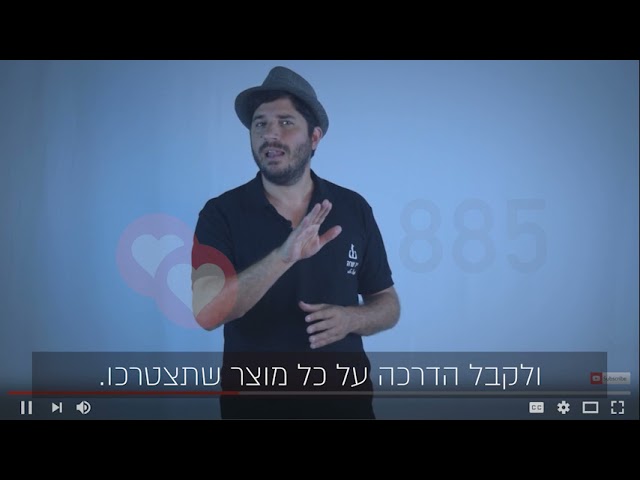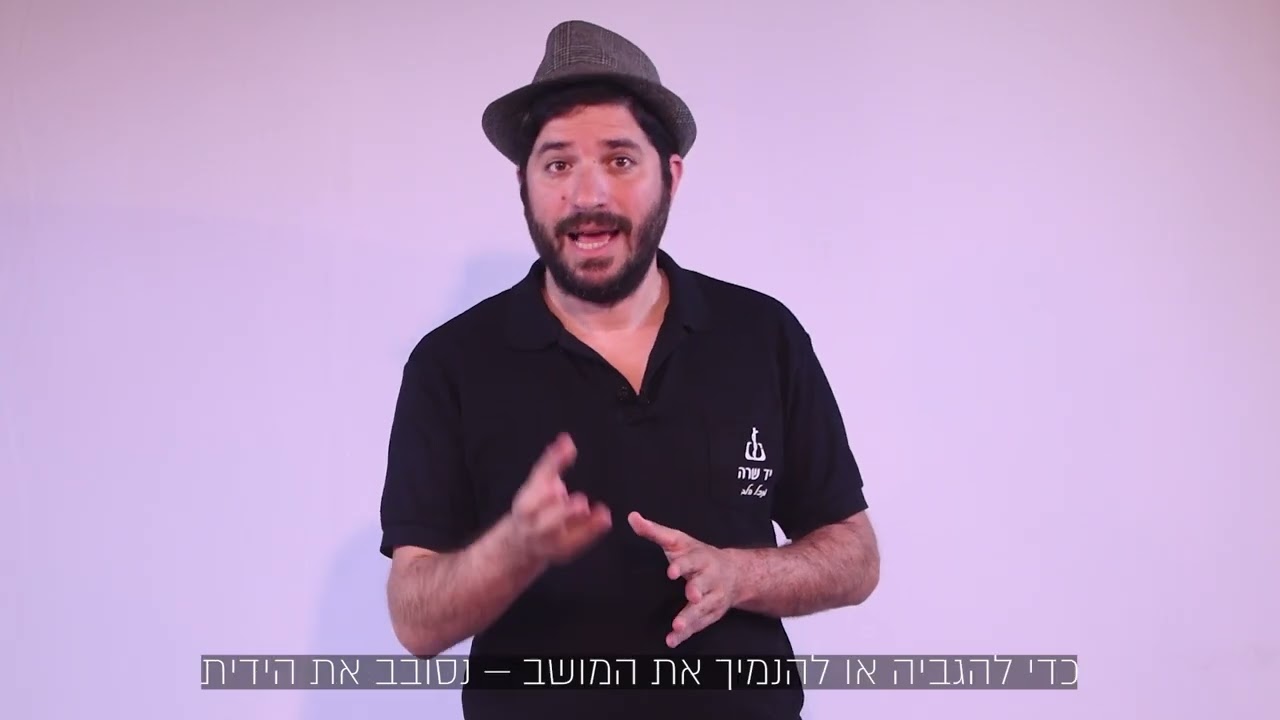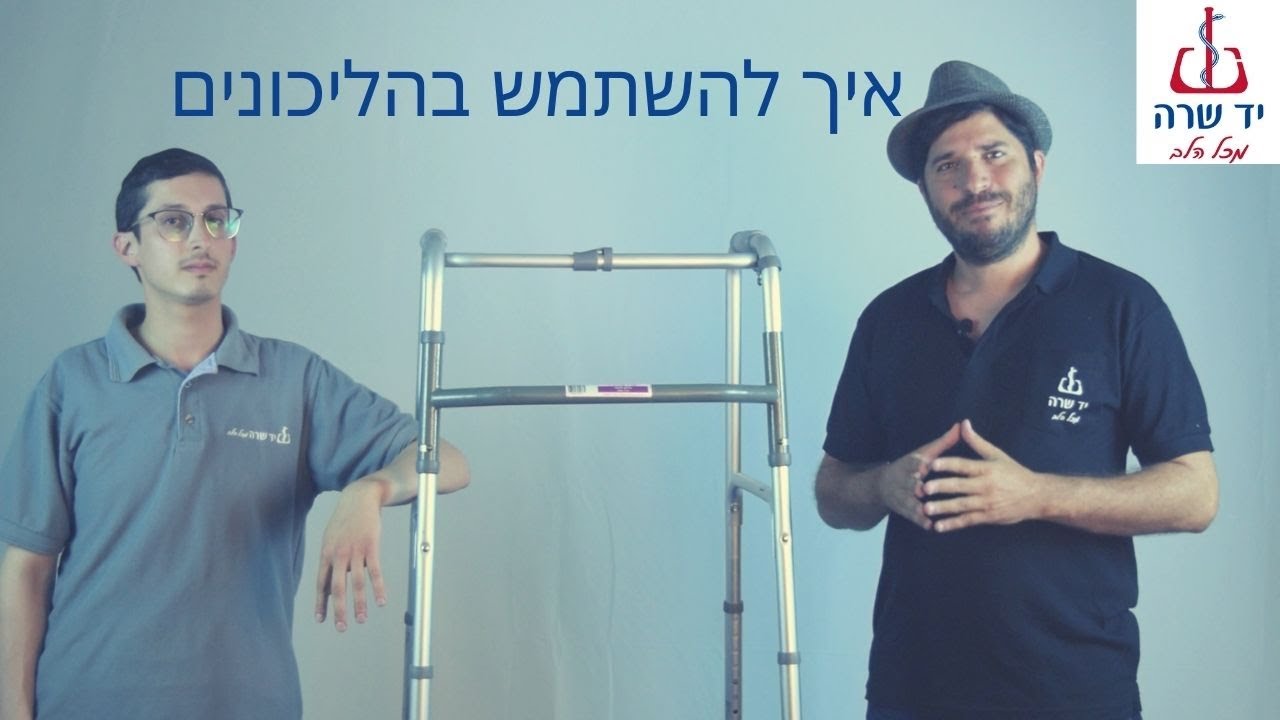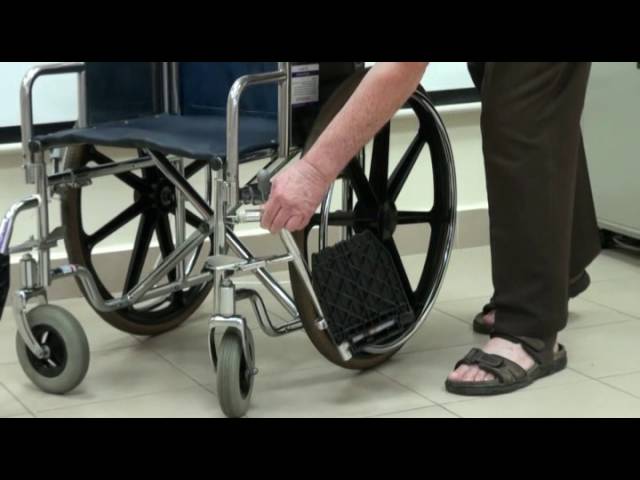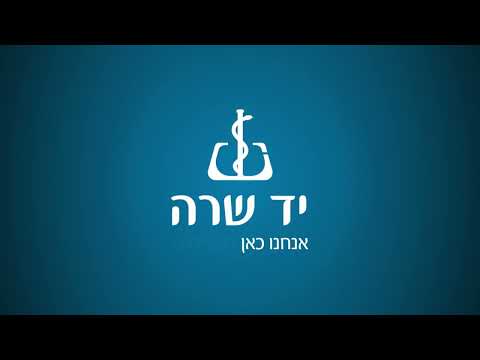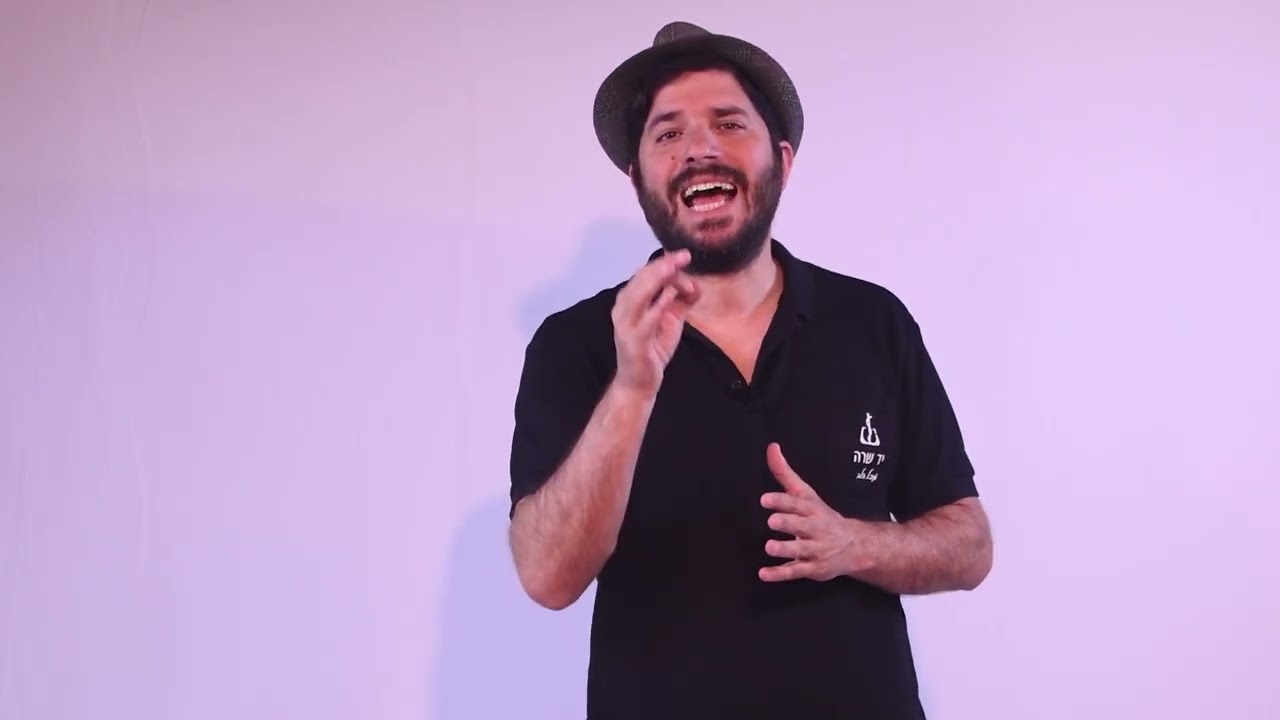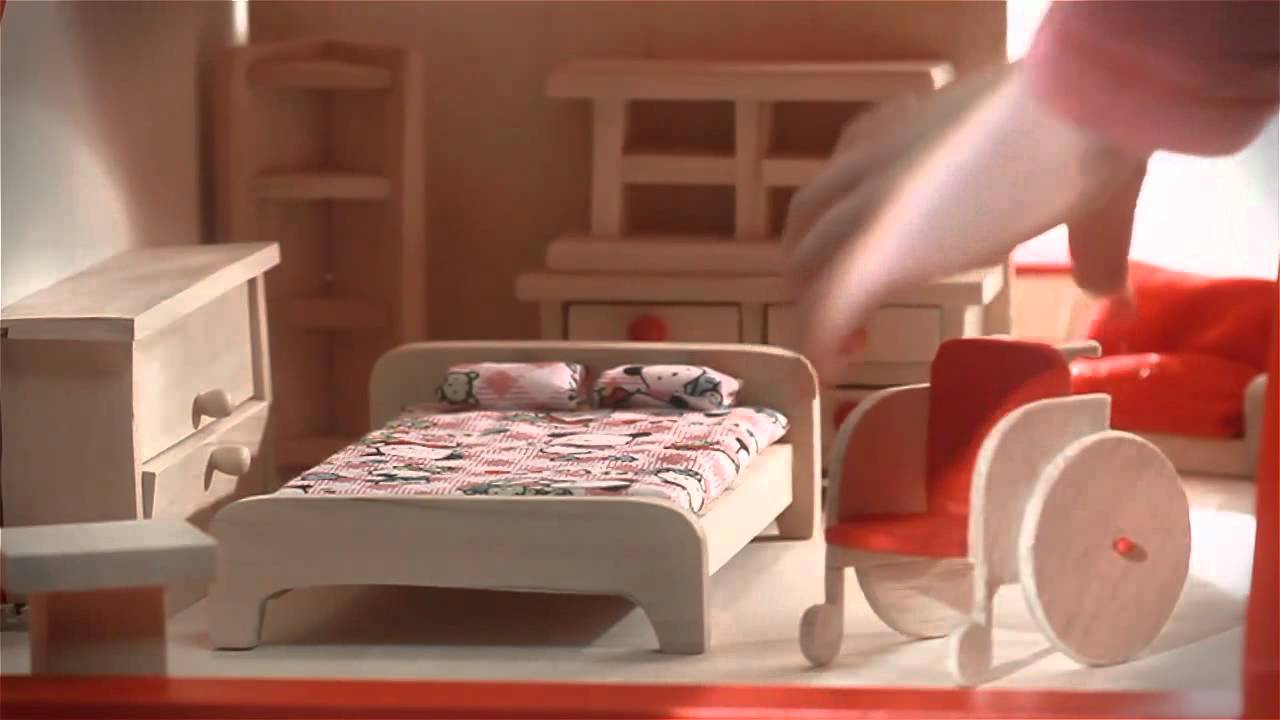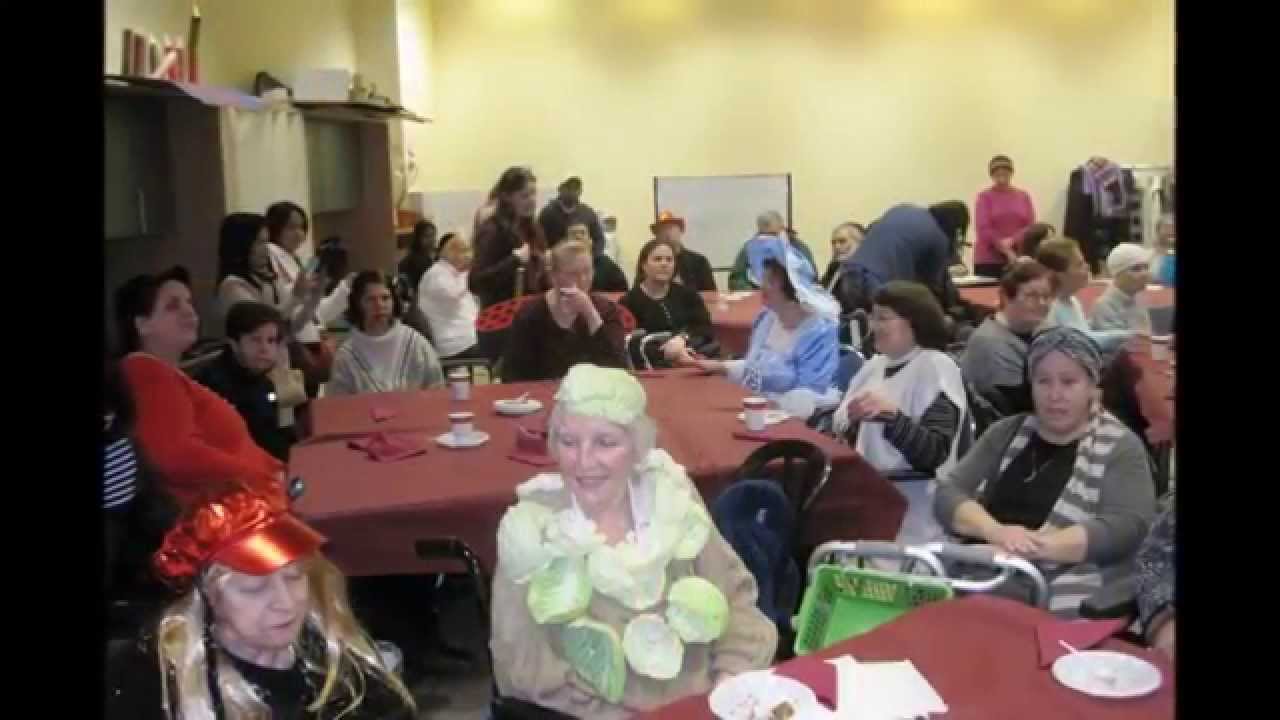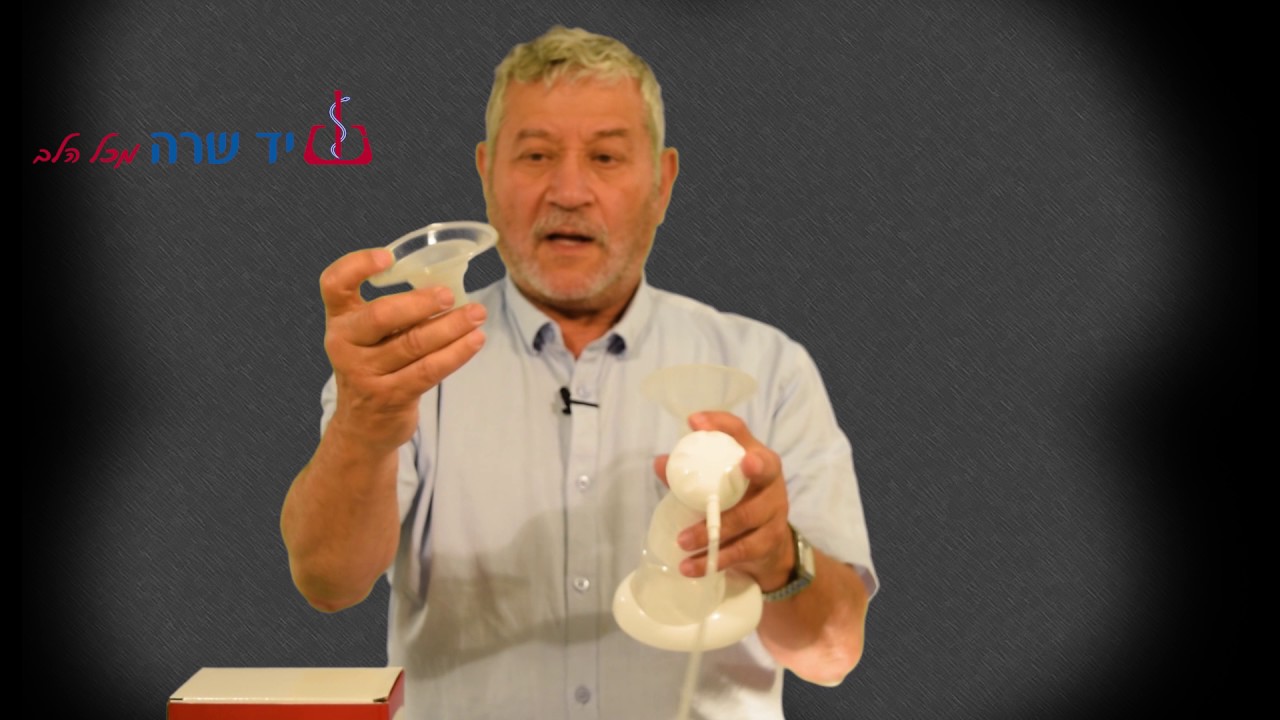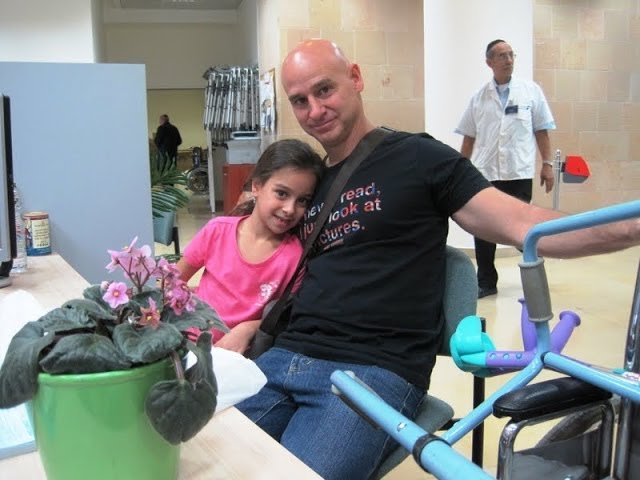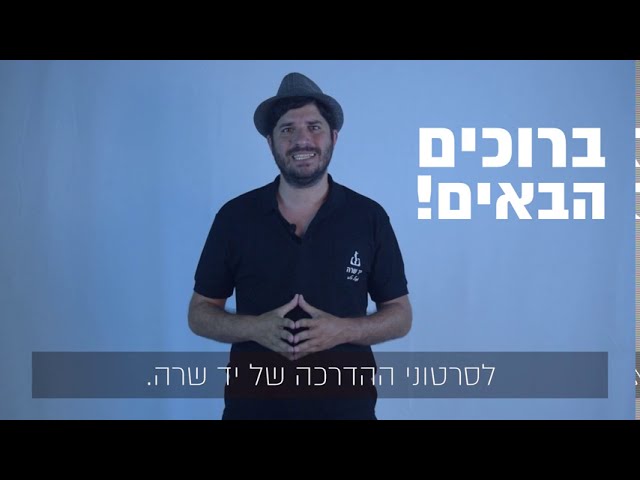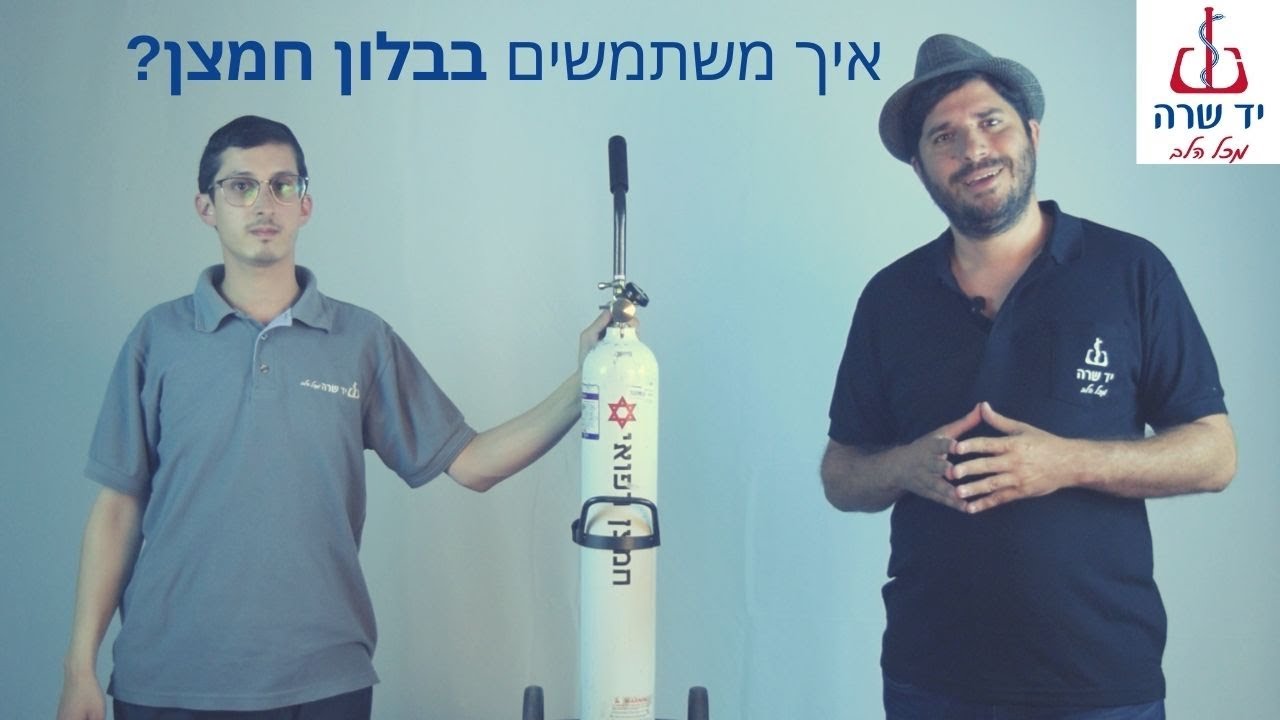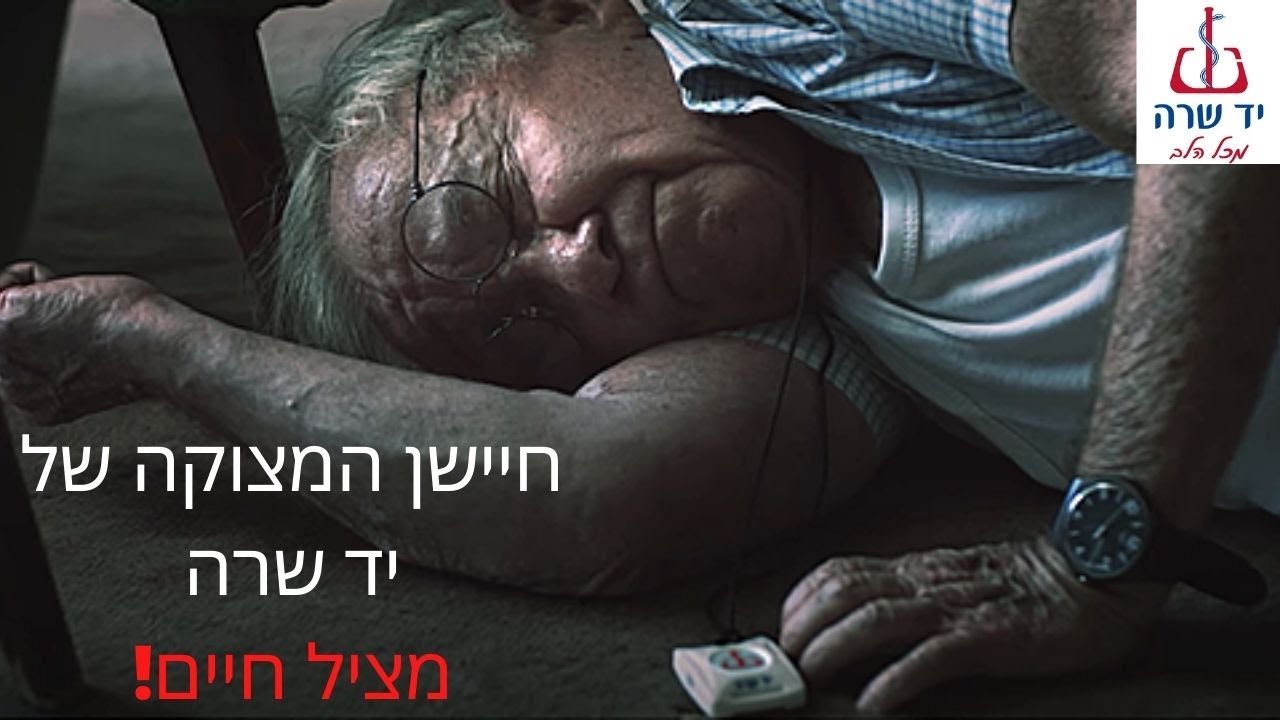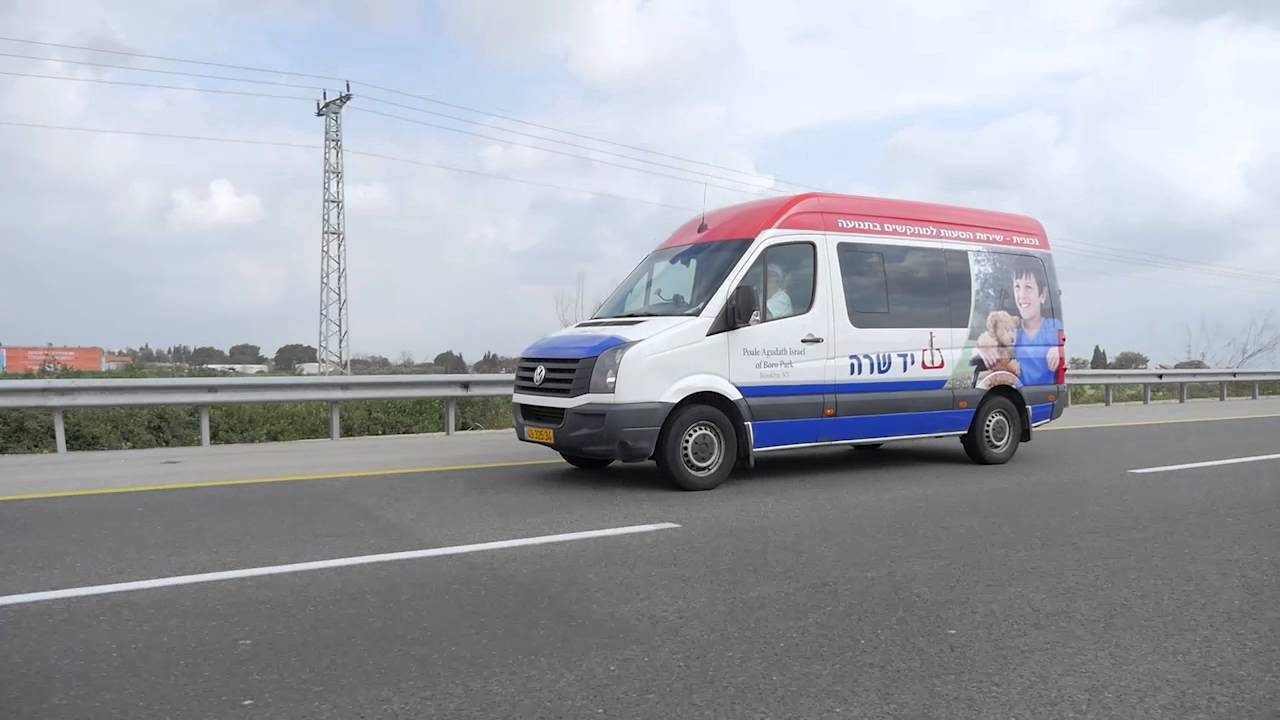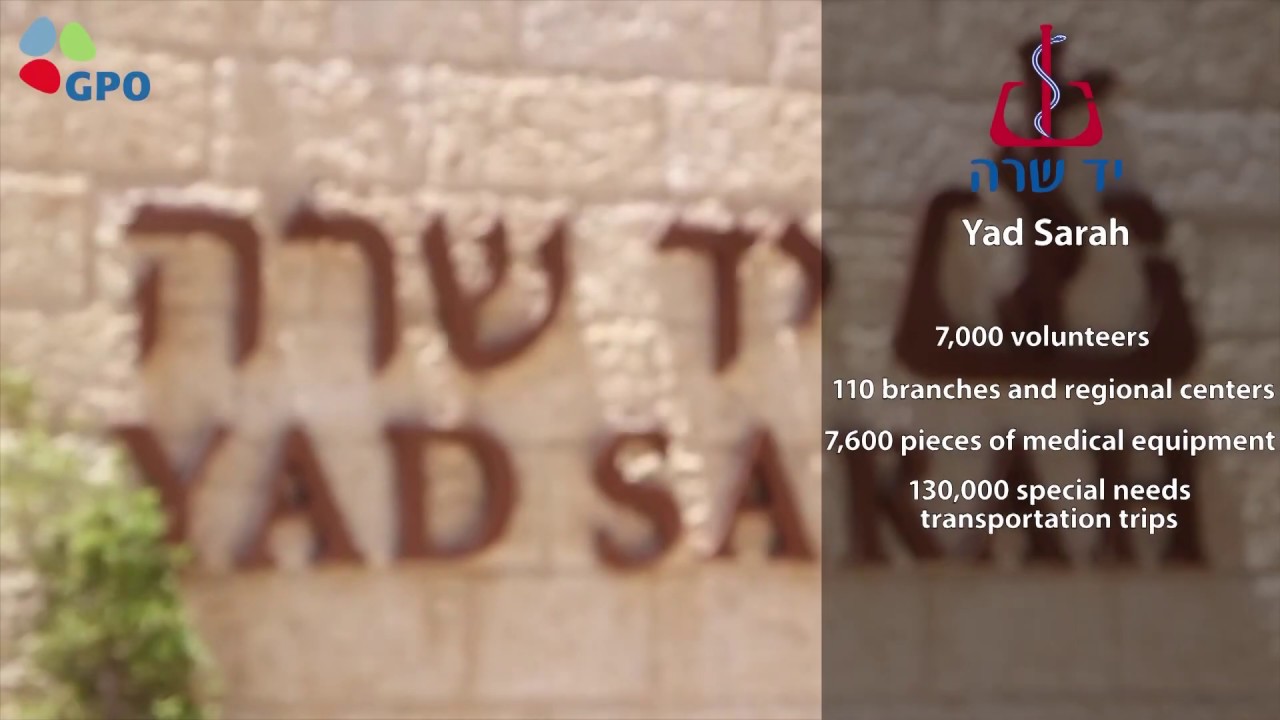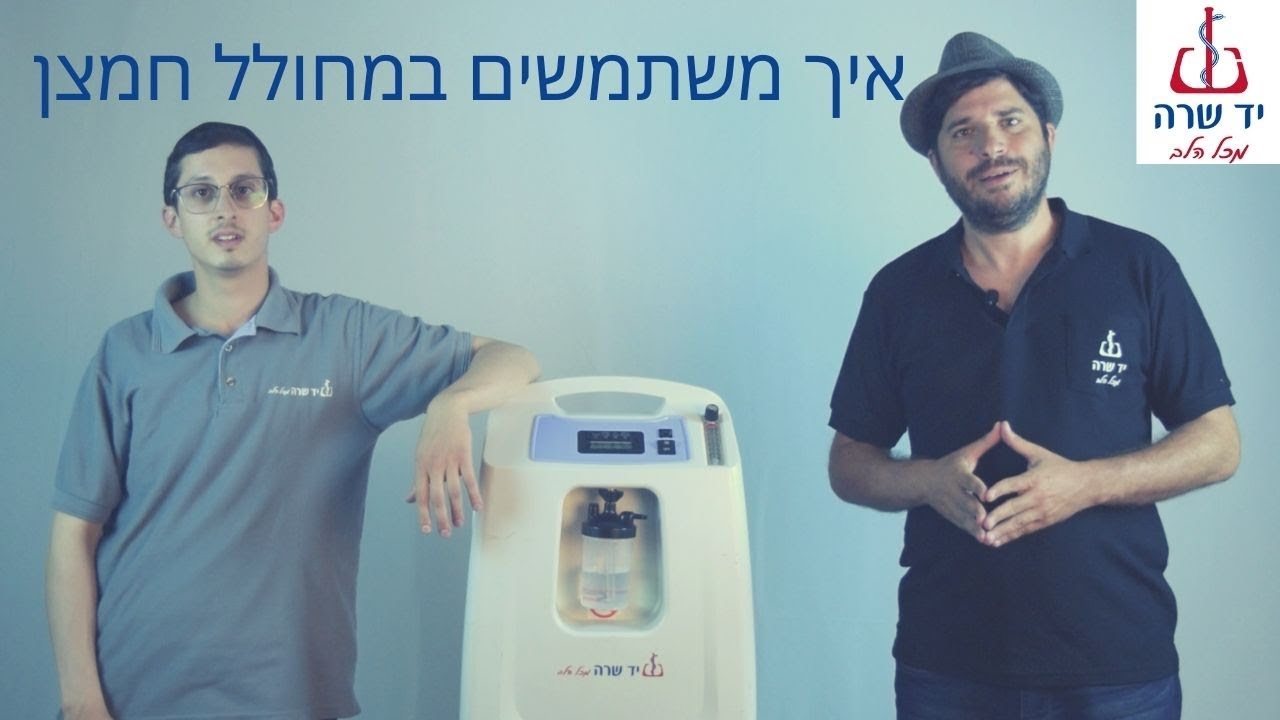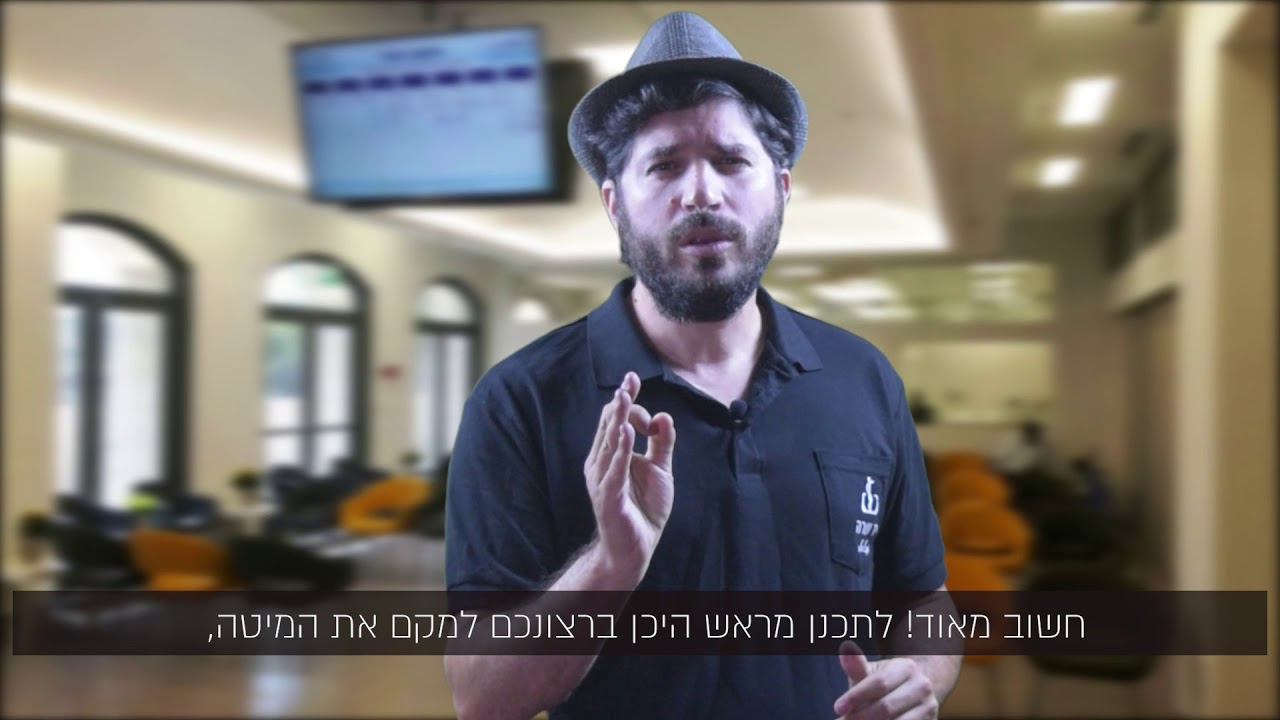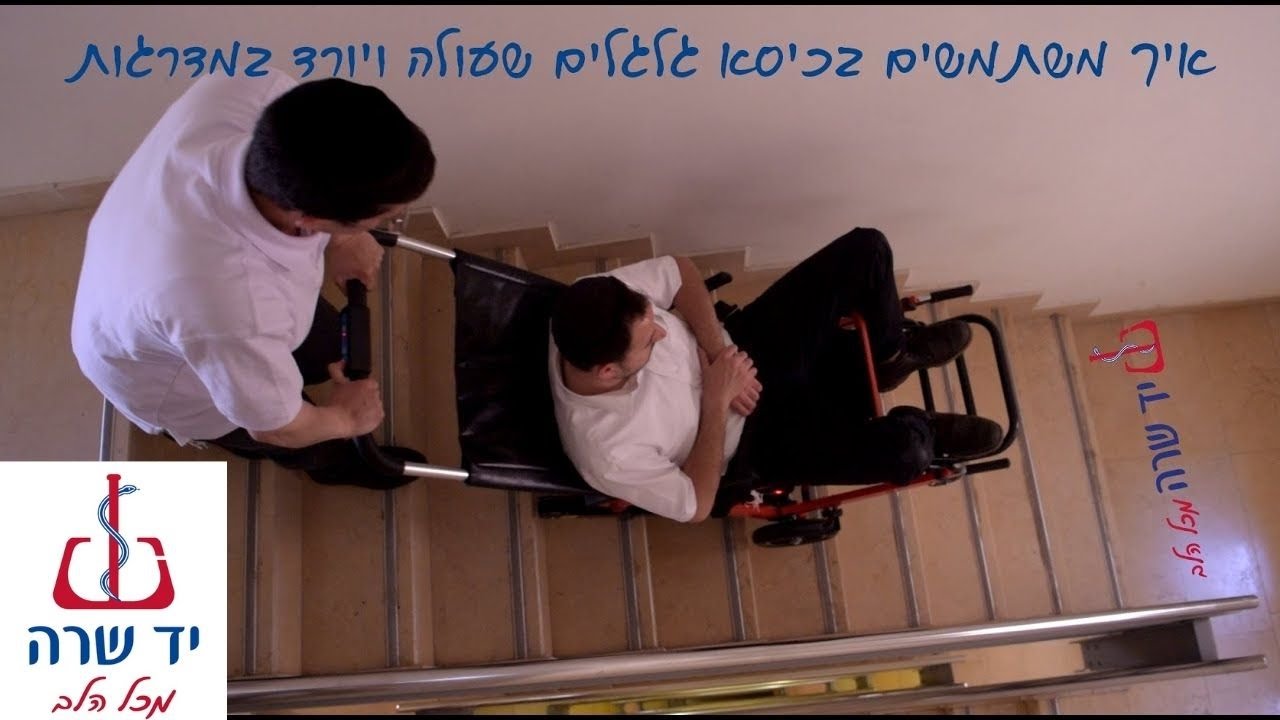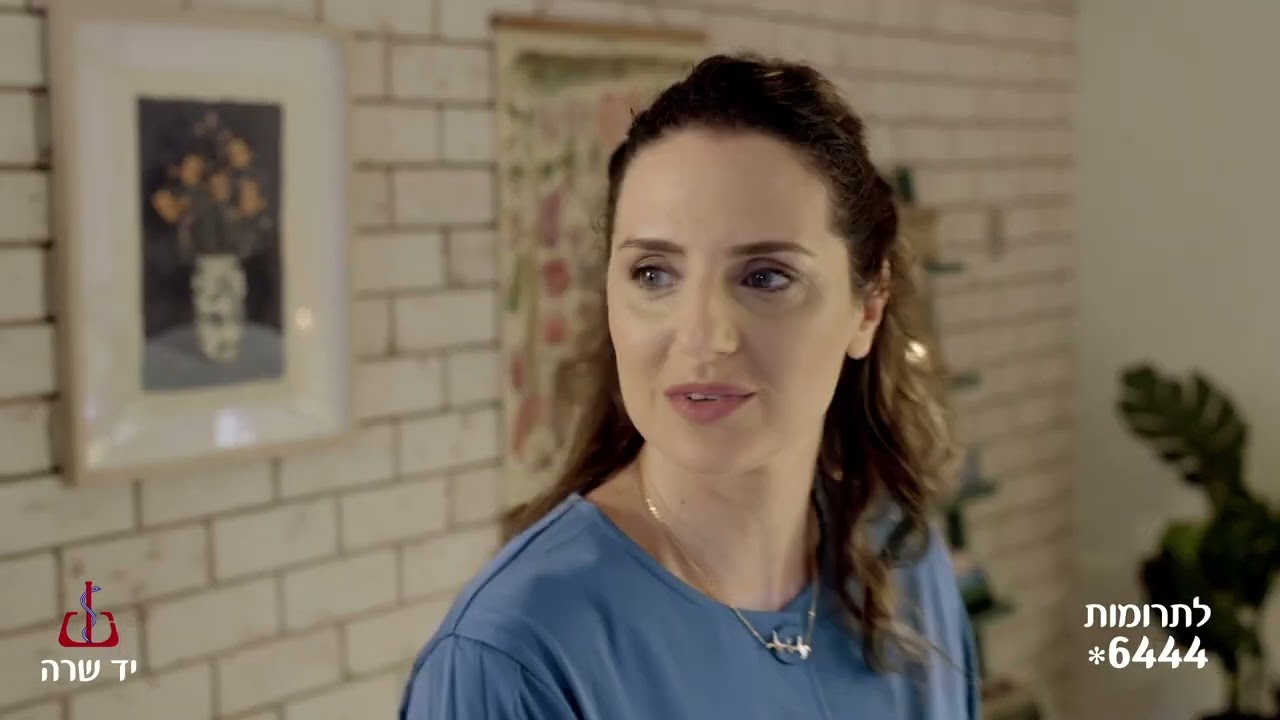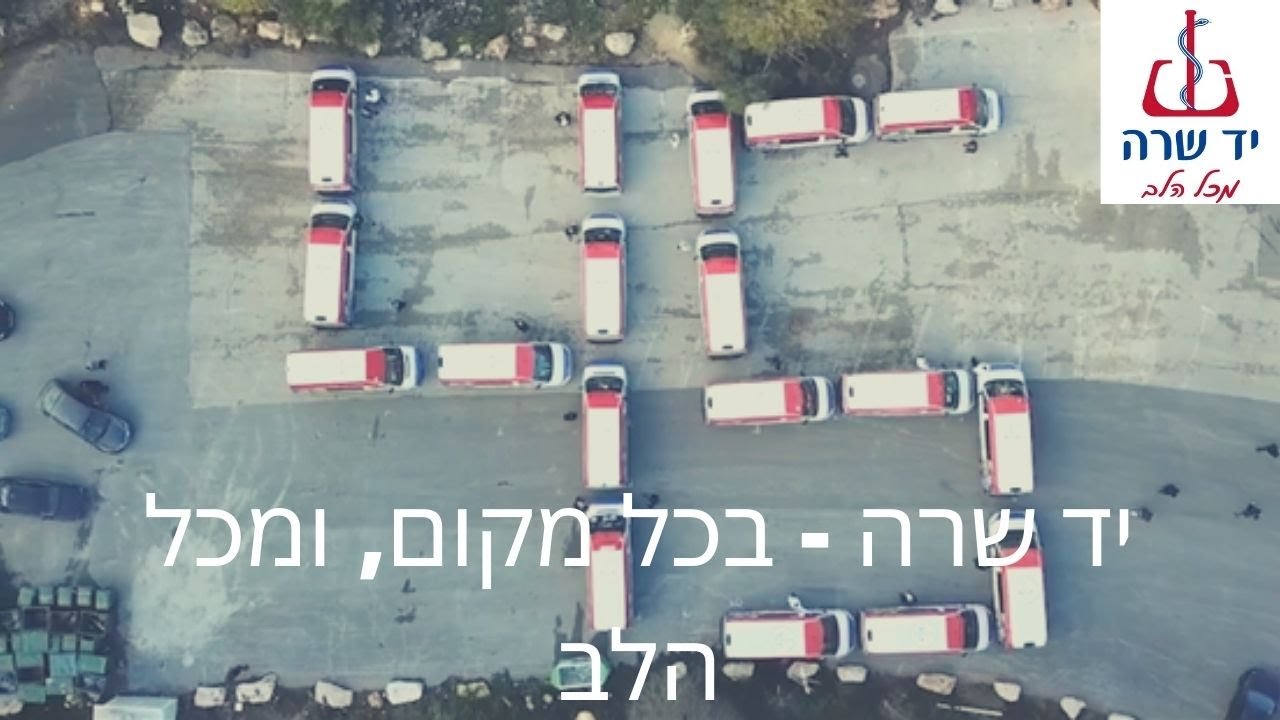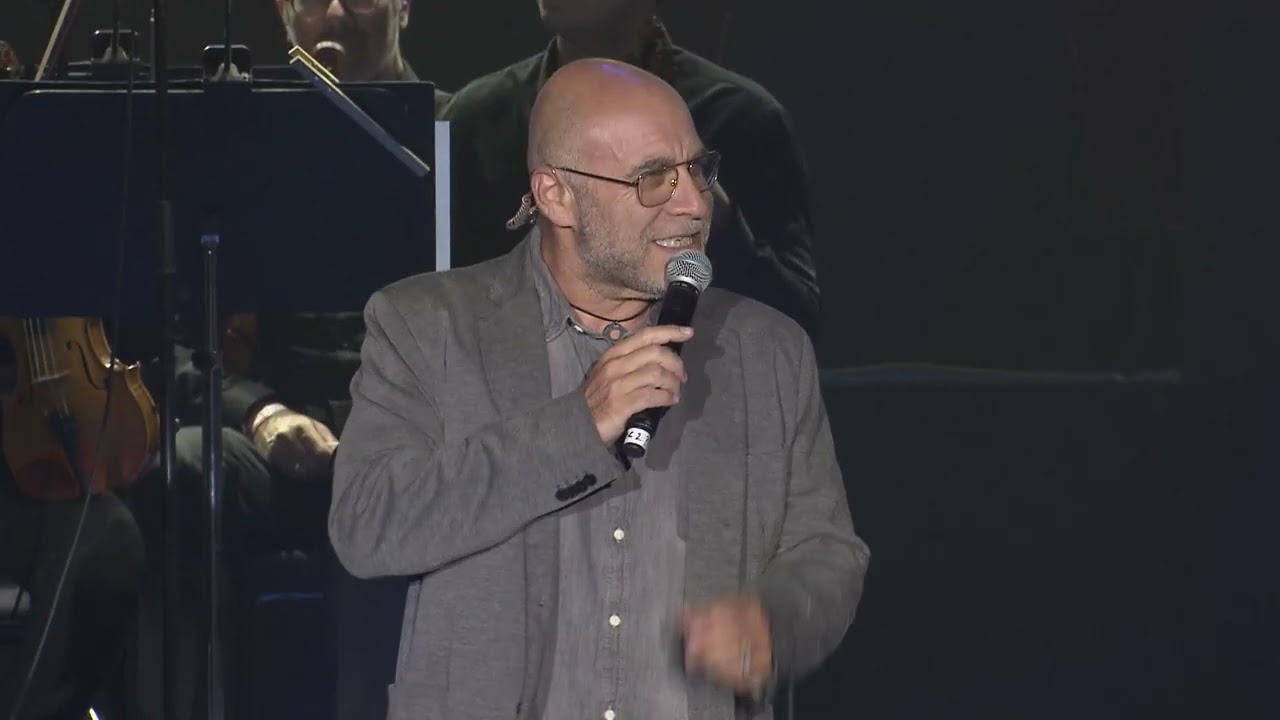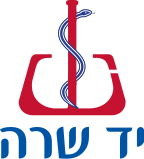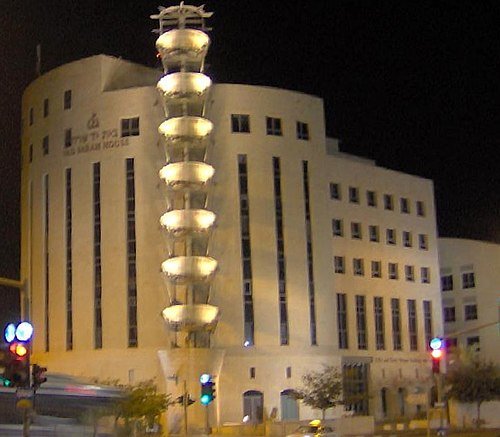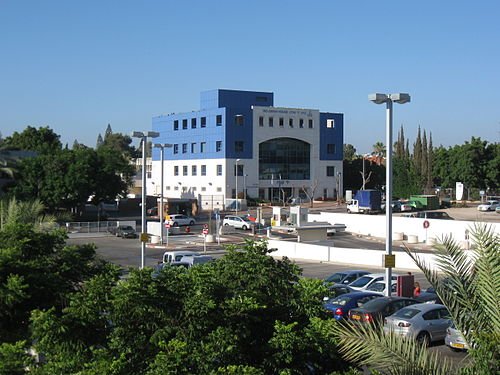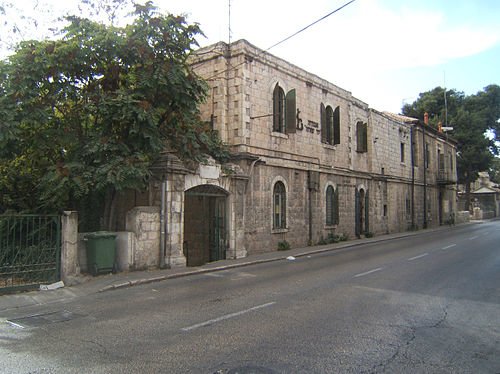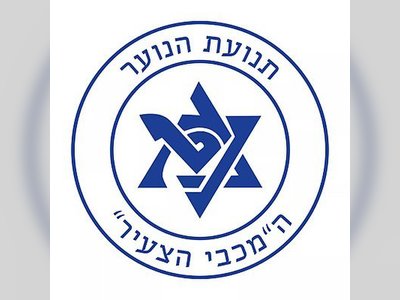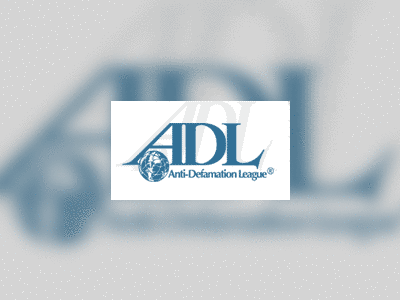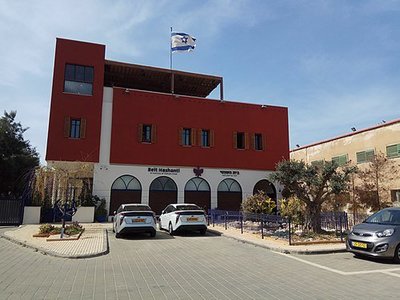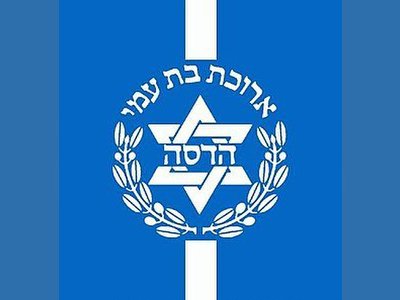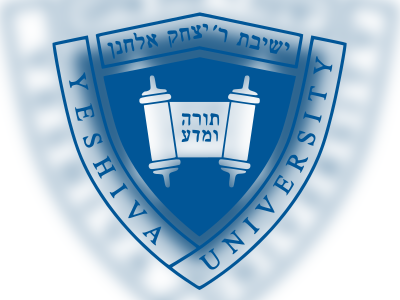מורשת גדולי האומה
בזכותם קיים
beta
Yad Sarah: A Beacon of Compassion
Yad Sarah, one of Israel's largest volunteer organizations, offers a wide range of services to people with disabilities and illnesses, with the aim of reducing the impact of their conditions on their functionality and independence. Yad Sarah strives to enable every individual to continue living life on their own terms, within their own homes, with their families and communities, rather than being forced into institutional care.
It firmly believes that the presence of a sick or disabled person within their natural environment is essential for physical and emotional healing, as well as being culturally and economically beneficial for society and the nation.
Yad Sarah began its journey in the early 1970s when Michal and Uri Lupolianski purchased several appliances to loan to the sick in their Jerusalem neighborhood, providing them with much-needed assistance. Their initiative inspired local residents to contribute various medical aids and assistive devices that were no longer needed. Soon enough, their small apartment was filled with crutches, walkers, and many other items.
With the acquisition of a domestic home healthcare kit (G'MaH) in 1976, the Lupolianskis expanded their lending service further. Jacob Lupolianski, Uri's father, who had sold his shoe store and retired, contributed the money he received for the store's sale to expand the lending center. They established it in a building located near the Russian Orthodox Church on N'vei'im Street, Jerusalem, which was once a boarding house. This new location allowed them to house more equipment.
In 1976, the new center was officially established as a G'MaH, and it was named "Yad Sarah" in memory of Sarah Lupolianski, Uri's grandmother, who perished in the Holocaust. Yad Sarah quickly gathered enough volunteers to operate its lending services continuously, and beneficiaries were asked to leave a deposit for the equipment they borrowed.
In 1977, the first Yad Sarah branch outside Jerusalem was opened in Haifa. In 1983, Israel Railways donated a railway car to Yad Sarah, which was not suitable for Israel's rail width. The car stood for a long time in downtown Jerusalem and became a symbol of the organization. In 2005, Yad Sarah was recognized as a consultant organization to the United Nations Economic and Social Council (ECOSOC), the highest status an Israeli or Jewish organization could attain. It was the first time any Israeli body had received such recognition.
Yad Sarah engages over 7,000 volunteers, encompassing people of all ages and backgrounds, operating in more than 108 branches nationwide and providing assistance to approximately 1,500,000 individuals across Israel.
Key Services:
* Loan Services: All of Yad Sarah's services are provided without charge, requiring either a deposit or partial financial contribution to cover expenses.
* Donors and Budget: Yad Sarah relies on a wide range of donors, from individuals who contribute or forgo deposits when returning borrowed equipment to large financial organizations. In 2015, Yad Sarah's annual budget was approximately 110 million shekels, with donations and grants covering 41 million shekels. Administrative and general expenses amounted to 2.1 million shekels, representing 1.9% of the budget. According to Yad Sarah's estimates, this saving to the Israeli government prevents more than $350 million per year in hospitalization and medical costs. Nevertheless, government support for Yad Sarah constitutes only 1%-2% of its budget.
* Recognition and Awards: Yad Sarah has received numerous awards for its activities, including:
[Note: Due to the text being cut off, please provide any specific details or additional information you would like to include.]
History
Yad Sarah began its journey in the early 1970s when Michal and Uri Lupolianski purchased several appliances to loan to the sick in their Jerusalem neighborhood, providing them with much-needed assistance. Their initiative inspired local residents to contribute various medical aids and assistive devices that were no longer needed. Soon enough, their small apartment was filled with crutches, walkers, and many other items.
With the acquisition of a domestic home healthcare kit (G'MaH) in 1976, the Lupolianskis expanded their lending service further. Jacob Lupolianski, Uri's father, who had sold his shoe store and retired, contributed the money he received for the store's sale to expand the lending center. They established it in a building located near the Russian Orthodox Church on N'vei'im Street, Jerusalem, which was once a boarding house. This new location allowed them to house more equipment.
In 1976, the new center was officially established as a G'MaH, and it was named "Yad Sarah" in memory of Sarah Lupolianski, Uri's grandmother, who perished in the Holocaust. Yad Sarah quickly gathered enough volunteers to operate its lending services continuously, and beneficiaries were asked to leave a deposit for the equipment they borrowed.
In 1977, the first Yad Sarah branch outside Jerusalem was opened in Haifa. In 1983, Israel Railways donated a railway car to Yad Sarah, which was not suitable for Israel's rail width. The car stood for a long time in downtown Jerusalem and became a symbol of the organization. In 2005, Yad Sarah was recognized as a consultant organization to the United Nations Economic and Social Council (ECOSOC), the highest status an Israeli or Jewish organization could attain. It was the first time any Israeli body had received such recognition.
Activities and Scope of Operations
Yad Sarah engages over 7,000 volunteers, encompassing people of all ages and backgrounds, operating in more than 108 branches nationwide and providing assistance to approximately 1,500,000 individuals across Israel.
Key Services:
* Loan Services: All of Yad Sarah's services are provided without charge, requiring either a deposit or partial financial contribution to cover expenses.
* Donors and Budget: Yad Sarah relies on a wide range of donors, from individuals who contribute or forgo deposits when returning borrowed equipment to large financial organizations. In 2015, Yad Sarah's annual budget was approximately 110 million shekels, with donations and grants covering 41 million shekels. Administrative and general expenses amounted to 2.1 million shekels, representing 1.9% of the budget. According to Yad Sarah's estimates, this saving to the Israeli government prevents more than $350 million per year in hospitalization and medical costs. Nevertheless, government support for Yad Sarah constitutes only 1%-2% of its budget.
* Recognition and Awards: Yad Sarah has received numerous awards for its activities, including:
[Note: Due to the text being cut off, please provide any specific details or additional information you would like to include.]
- יד שרהhe.wikipedia.org
